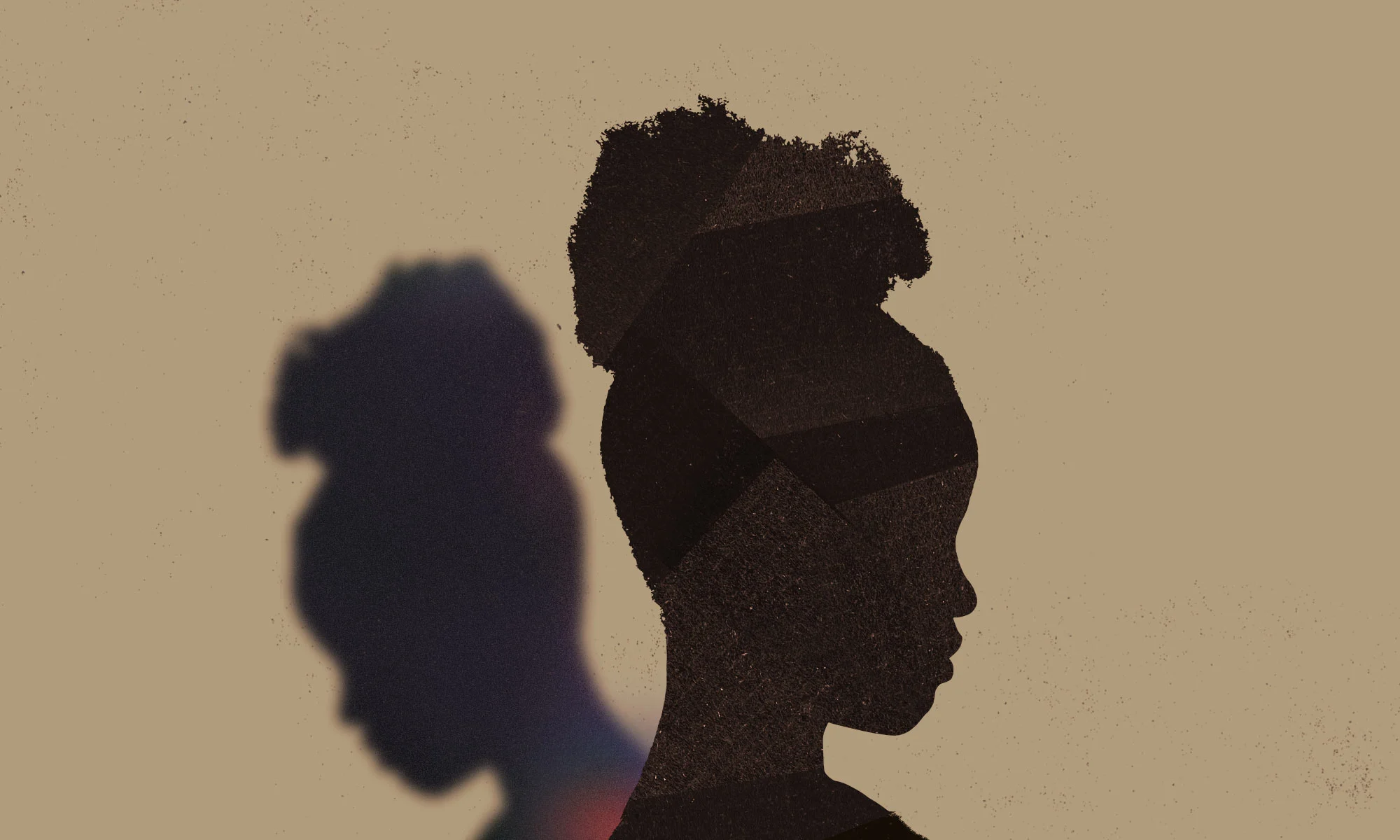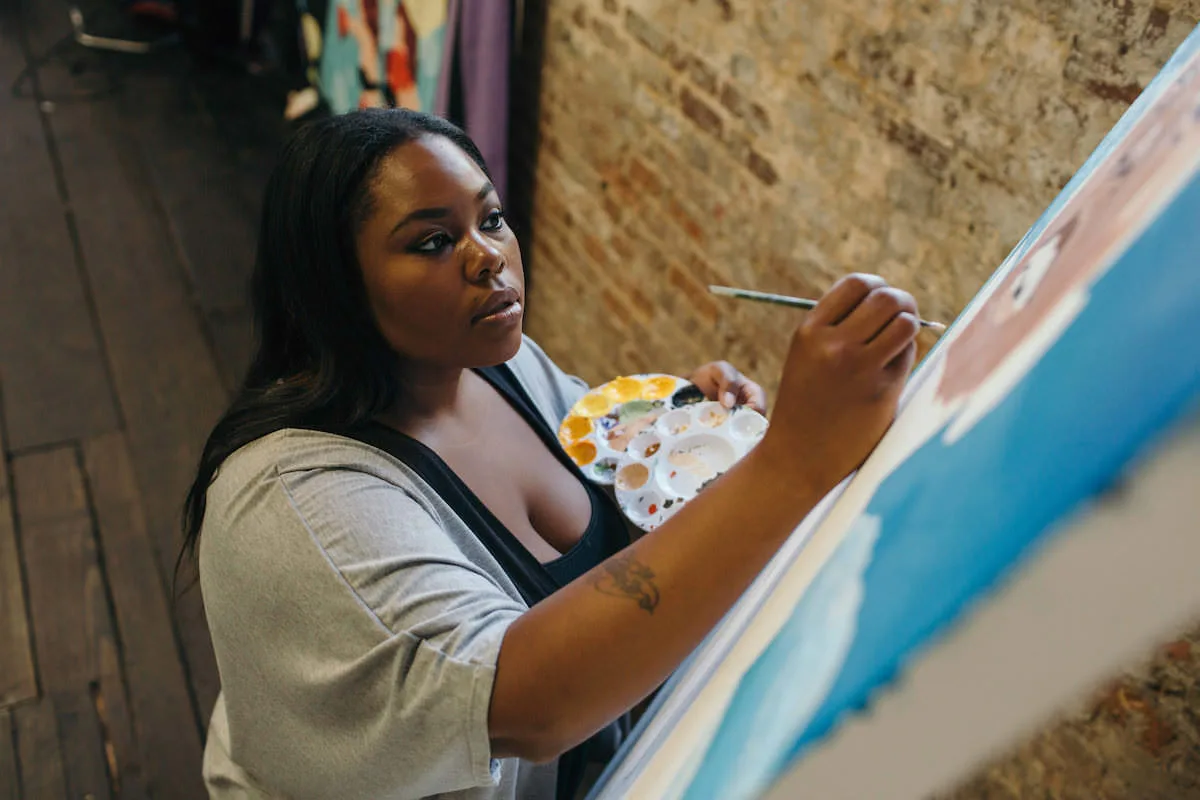Mind Over Matter: Overcoming Imposter Syndrome
- 27 January 2021
- ByCarla Thomas

On one of my first days on Clubhouse, the new audio-chat app, I was in a branding advice and tips room. Three women who stated they were branding and marketing professionals were rating Clubhouse members’ bios. At the time my bio just simply stated: “Fly Girl” with a link to my website. As they were rating bios, I started crafting my bio to state all that I do. I was satisfied with my bio as it laid out all my talents and skills with the appropriate links to my social media platforms and website. When it was my turn for their rating, they stated that they had no idea what I did. They stated that I was confused and said that they offered a free “discovery call” where I could have a conversation with them to figure out what I wanted to do in life.
I was flabbergasted but I thanked them for their opinions. I was low-key proud of myself that I didn’t become defensive and question their credibility. I was also proud that I didn’t feel the need to explain myself to them.
But I was also angry at myself for seeking unsolicited advice from strangers as if I didn’t know who I am.
That’s not what someone who is sure of themselves does. They don’t go into a chatroom asking strangers for permission to be what they know they are called to be. Especially when listening in to this particular room, hearing “branding tips” that I didn’t even agree with. These “branding experts” were not experts about the nuances of a brand new platform, and yet, I still sought them out. It was a direct reflection of imposter syndrome.
Imposter syndrome, a term coined by American psychologists Pauline Rose Clance, PhD, and Suzanne Imes, PhD, in 1978, is defined as "internal experience of intellectual phoniness" by people who believe they they are not intelligent, capable, and/or creative, despite evidence of high achievement.
Those suffering from it often attribute their accomplishments to luck rather than ability, fearing that others will eventually uncover them as a "fraud."
It’s a complicated feeling and the American Psychology Association characterizes it as "specific form of intellectual self-doubt…. [that] is generally accompanied by anxiety and, often, depression."
Towards the close of last year, I made a promise to myself that I would no longer allow others to speak negativity over my life, nor would I speak doubt over my life. I had to nip this imposter syndrome in the bud. After journaling, praying and some self-reflection, I decided that moving forward, I’m going to reclaim my time.
“What do you do?”
“I’m a multimedia creative. I’m a writer, wardrobe stylist and TV host.”
I am a ball of creativity. I am the quiet genius that thrives on sharing my gifts with the world via my writings, through style, and through my funny commentary when I’m a special guest for a television show. I do it all but there is always someone trying to take a hyphen away from me. The one exception being a woman who came up to me at an award luncheon and said, “Stop playing small.” A complete stranger could see more in me than I could.
As we move into the new year, here are the four things I’ll continue doing every day to bat away imposter syndrome:
Take Up Space
Over time, I began to realize the power I have in the boldness of following my dreams. I’ve started to walk with my head held up higher. I had to really understand the bravery it takes to create a life as a solopreneur. I had to rewrite my internal dialogue with more resolve to make sure I was heard and respected.
Celebrate Small Wins
My life coach has always told me to celebrate my small wins - I often shrugged it off as I stared at my neverending to-do list. But when I started to take pause and break out the champagne for my small victories, I started to notice a shift. Instead of waiting to conduct an end of the year review, I started to look at my weekly and monthly wins and I saw that I accomplished more than I thought.
Stay in the Now
Practice mindfulness. I now focus on the task at hand and not what will happen or has happened. It’s being hyper-aware of my thoughts, and how they can sometimes lead me to other damaging thoughts or behaviors.
Check Others Immediately
I no longer allow others to sow seeds of negativity in my life without me checking them immediately. I stopped letting the daily seeds of doubt from others fester into my spirit. Others can no longer talk to me without recognizing and acknowledging my purpose.
More importantly, I check myself. I had to get to the crux of why I am undermining my self-confidence. I had to stop thinking the thoughts that lead me to believe that I’m not good enough. I had to recognize my true skills and appreciate the contributions I make to the world.
I have purpose and it does me no good to play small or think I have no skin in the game. I am worthy of a seat at all tables.
27 January 2021
Words by:Carla Thomas
- Share

